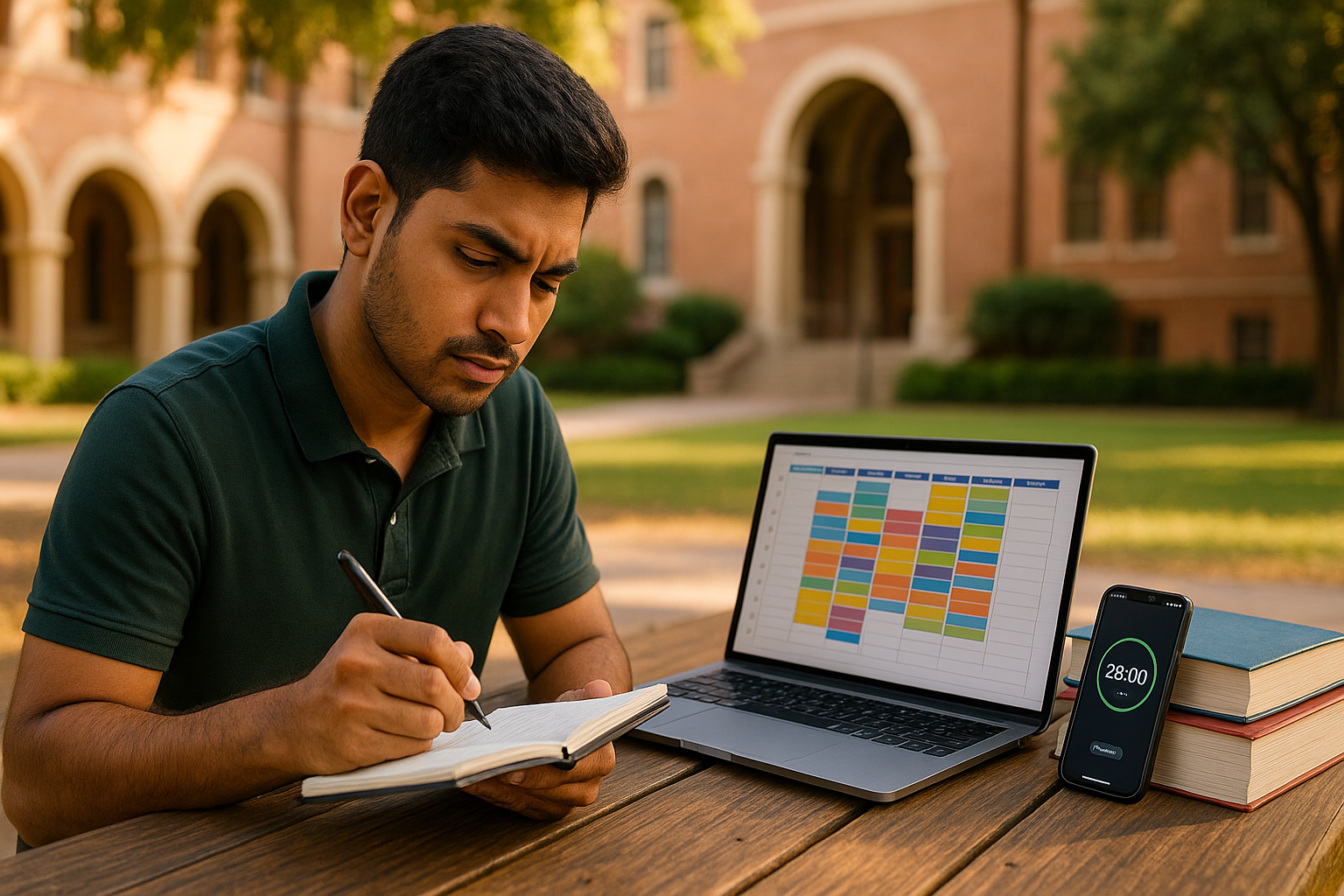How to Build the Habit of Reading Newspapers in College for IAS Preparation
One of the most common and valuable pieces of advice given to UPSC aspirants is: “Read the newspaper daily.”
This advice goes beyond just examination preparation. Regular newspaper reading helps aspirants cultivate a strong reading habit, enhances their ability to comprehend information in one go, and builds the analytical mindset needed to succeed in the Civil Services Examination. For college students aiming to become IAS, IPS, or other civil servants, developing this habit early—while still in college—can make a significant difference across all three stages: Prelims, Mains, and the Interview.
Why is Newspaper Reading Important for UPSC?
Newspaper reading forms the foundation for a strong current affairs base. It helps cover dynamic topics for both Prelims and Mains, improves essay writing by teaching how to structure content and present ideas in a coherent flow, and is invaluable for the ethics paper by offering real-life, contemporary examples. It builds awareness of the world, enhances comprehension skills, and sparks curiosity—leading students to go back and study static concepts more deeply for clarity.
Moreover, it significantly contributes to vocabulary development, analytical thinking, and comprehension skills, which are particularly beneficial for the CSAT paper. As aspirants progress to the Interview stage, the habit of reading the newspaper sharpens their opinions and gives them the confidence to articulate balanced views during the Personality Test.
How to Build the Habit in College: Step-by-Step
For college students juggling lectures, assignments, and campus life, building this habit may seem difficult—but a structured approach can make it manageable and effective.
Start by fixing a convenient time slot—either early morning before classes or in the evening. Devote 30–45 minutes a day, which is more than enough if used wisely. Consistency is more important than the number of hours spent.
Next, choose the right newspaper. Among the UPSC community, The Hindu and The Indian Express are considered the best due to their credible, in-depth coverage of relevant national and international issues.
Instead of reading the entire newspaper cover to cover, adopt a selective reading strategy. Focus on:
- Front Page: For high-importance national and international news
- Editorial and Op-Ed: For opinion, analysis, and balanced perspectives
- National Section: For updates on government schemes, policies, and legislation
- International News: For diplomatic developments and treaties
- Economy: For monetary policies, budgets, and RBI updates
- Science/Environment: For technological innovations and climate-related topics skip entertainment, sports, or regional political gossip unless it has national significance.
Make Notes in Your Own Words
Maintain a dedicated notebook or digital file where you:
- Summarize major issues (e.g., India–China border standoff, inflation control measures)
- Record key facts, schemes, policy decisions, or Supreme Court judgments
- Organize the information under categories relevant to the UPSC GS syllabus (Papers I–IV)
These notes will serve as a valuable resource for revision and answer writing practice closer to the exam.
Use Technology Smartly
If time is a constraint, complement your reading with digital resources. You can:
- Use apps like News on AIR, website like PIB
- Watch YouTube videos for a quick yet in-depth understanding like Sansad TV (Perspective)
- Listen to current affairs podcasts during your commute or breaks
Stay Consistent, Not Perfect
Missing a day or two of newspaper reading is normal—don’t let it demotivate you. Simply resume from the current day and maintain the habit. UPSC doesn’t reward perfection; it rewards consistency, clarity, and balance.
Benefits You’ll See Within Three Months
If followed regularly, newspaper reading will soon show visible results:
- Better grasp of national and global issues
- Ability to link current events to static GS subjects
- Easier and more natural essay writing
- Greater confidence during group discussions and interviews
Newspaper reading is not a one-time task but a long-term mindset shift. The earlier you begin this habit during your college years, the more naturally it becomes part of your UPSC journey. It’s not about reading everything—it’s about reading the right things regularly. With discipline and the right approach, this habit can be one of your most powerful tools in becoming a successful civil servant.

